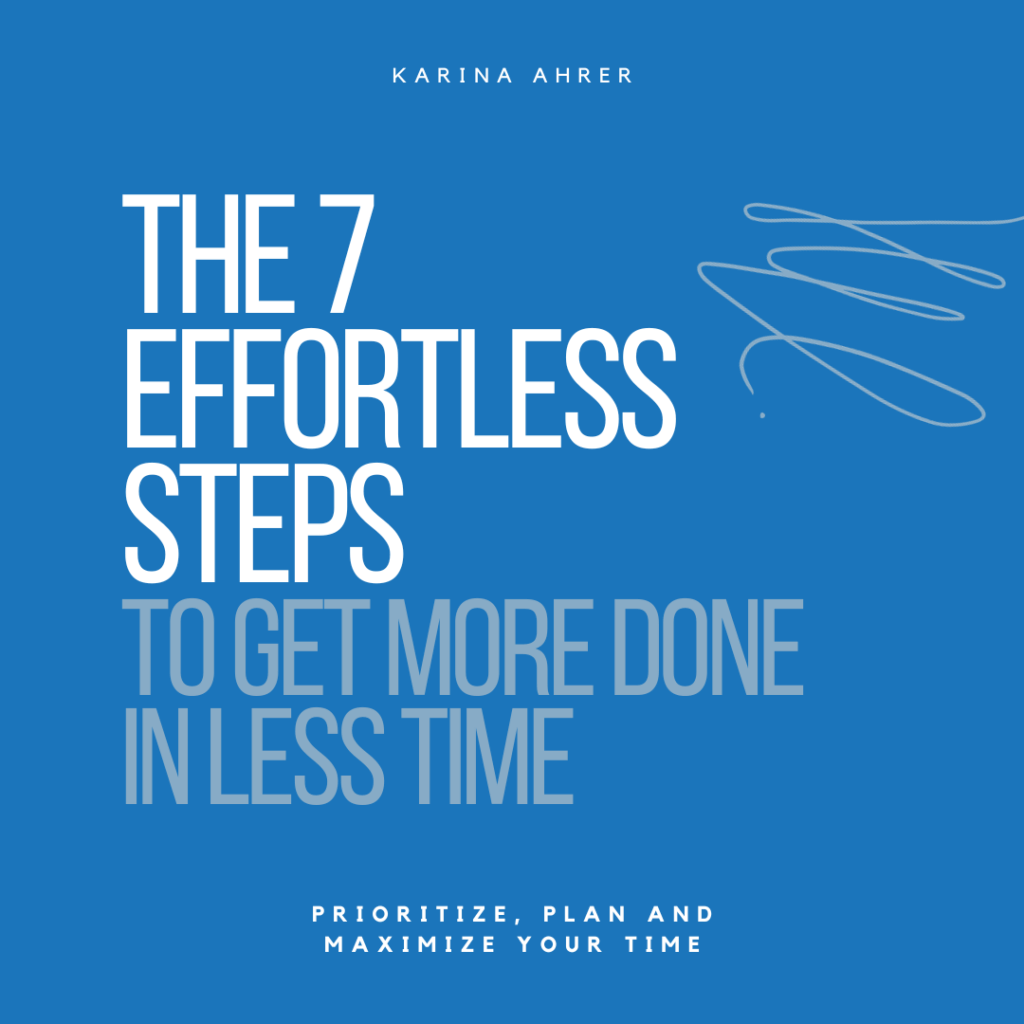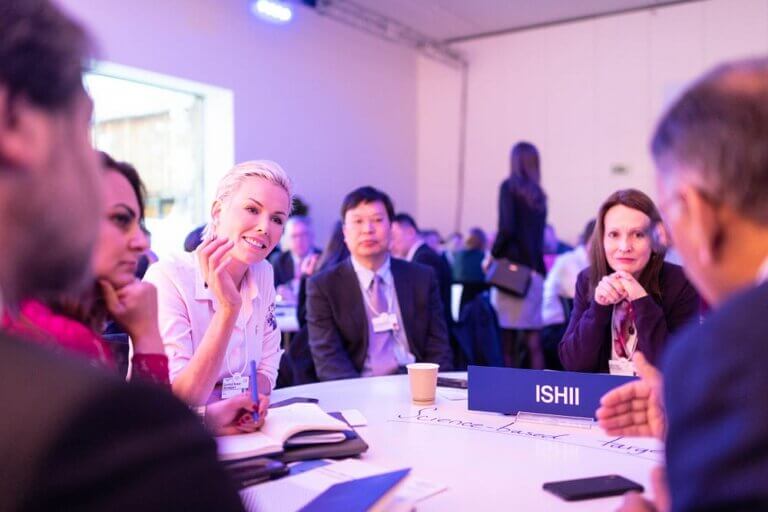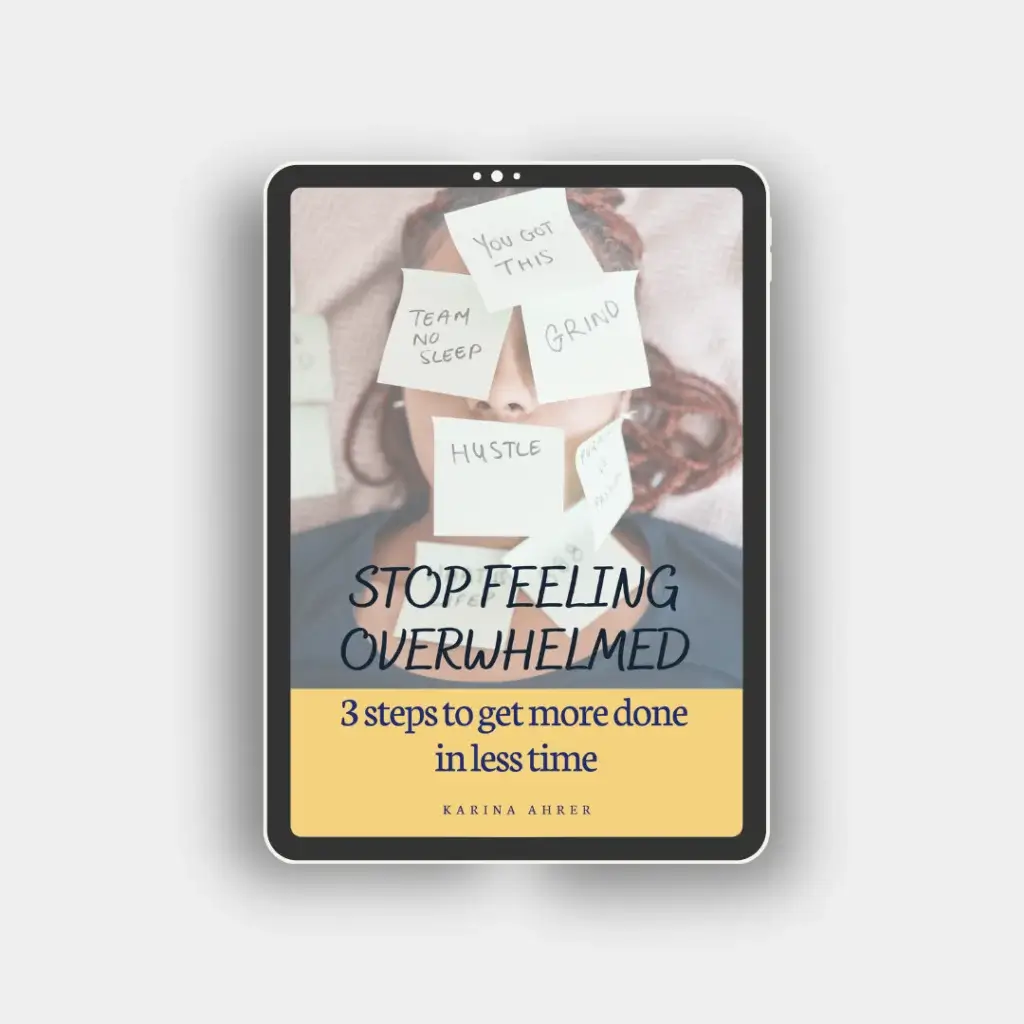The insidious grip of perfectionism on your productivity can be broken
Nobody and nothing is perfect. So don’t try to be perfect. You will never reach that goal.
At school, we learn that we shouldn’t make mistakes and need to have the best grades to succeed. They want us to be perfect.
There are always top pupils who are really good at school and seem perfect and they try to be perfect for their favorite university.
But in life and in projects nothing and nobody is perfect.
You have to make mistakes to learn and improve.
You only have limited time and resources for the project, so you cannot do everything perfectly. You can try it and you can grow beyond it because of it, but most of the time it is not worth spending the extra time and stress for the last percent to perfectionism.
Your high standards as a perfectionist don’t mean the project is perfect for your customer, your boss, or your teacher.
Don’t waste time trying to reach perfectionism. Decrease your standards.
Instead, the goal should be to learn as much as possible on the way and make mistakes.
If you actually do a project on time and perfect it, it wasn’t a challenge and you didn’t learn anything. You just repeated something you already knew.
“Strive for continuous improvement, instead of perfection”
— Kim Collins
The 80/20 Principle
Do you know the 80/20 principle also called the Pareto principle named after the inventor?
Pareto found out that parts of the economy are unbalanced. Around 80% of income comes from 20% of the customers.
Later researchers found out that the whole world is unbalanced. Nature is not perfect.
Around 20% of the tasks of a project are important to get it 80% finished. The remaining 20% are taking 80% of your time and tasks, and are wasting the time of perfectionists.
The 80/20 principle is about imbalance.
It doesn’t mean that everything is exactly 80% and 20%.
But it’s this ratio of imbalance.
According to the World Inequality Report, the richest 10% own 76% of all global wealth. That’s one of the bad examples of the 80/20 principle.
How Can You Stop Wasting Time On Perfectionism
Before you start a project take a look at all the tasks you have to do, and the end result you want, or the customer wants.
- Analyze the goal
- Figure out the possible end result, and the tasks along the way
What is crucial for the project? What is a must-have for the customer?
Planning and analyzing will feel like a waste of time because you already want to start doing it, but by doing this at the start you will gain a lot of time in the end.
For the end presentation of my semester project, I started by reading and analyzing the brief we got at the beginning. This is the goal.
And then I made a to-do list of all the plans, diagrams, and sketches I needed to show my project from the best perspective in relation to the goal.
By analyzing the outcome first, I’m saving a lot of time figuring out what I want and what I don’t want. I consciously can remove distractions (ideas, gossip,…) easily because I know what the goal is.
Find the 20% of tasks that will get you to the 80% of the result you want.
Then do that 20%!
This way of planning and analyzing can be done with every task you get at school or university or before starting to study for an exam.
At some point, you will get a clear picture of the crucial 20% and you don’t have to analyze that much again.
Most of the time it’s about listening to the customer and reading between the lines about what she really wants and needs.
At a lecture, you listen to the professor and you would hear what is important for him to ask in an exam. It also helps to look at exams from last semester.
“80% of the results come from 20% of the causes. A few things are important; most are not”
— Richard Koch (author of the book “80/20 principle)
Ask Questions
One of my biggest mistakes I did was to not ask many questions.
But by asking questions you will figure out the important stuff easier.
If you cannot figure out a solution, you can ask a colleague or Google to help. You don’t have to figure out everything by yourself, and you can’t.
Ask a lot of questions and ask for help.
I always tell my team that communication is key. Talk with each other about what you are doing and when. Your colleague might have the solution or an idea of how to do it faster.
If you don’t talk with people, you will need more time to figure it out on your own.
Conclusion
Not even nature is perfect. So why are you trying to be?
If you let go of your high expectations, instead you will strive for improvement and not the end result.
Analyzing and finding the important 20% of a project, only doing those, and asking questions are the steps I take every time.
They help you be efficient by focusing on the important parts, and not wasting it on things you can delegate or delete.
Doing the work of analyzing before you start will save you a lot of time in the end.
Do it and you will see how much time you have left to spend with your loved ones, on your hobbies…
Get my strategies for more productivity:
Get your free copy of my tips about how to boost your productivity!

Get daily insights, motivation and inspiration:
If you are as addicted as I am to reading books, then check out my list of favorite books and your free Audible month!
Do you want to get unlimited books?
You get 60 days of audiobooks for free on BookBeat! A lot of the books from my recommendation list are included!
It’s only available in Germany, Austria and Switzerland.






